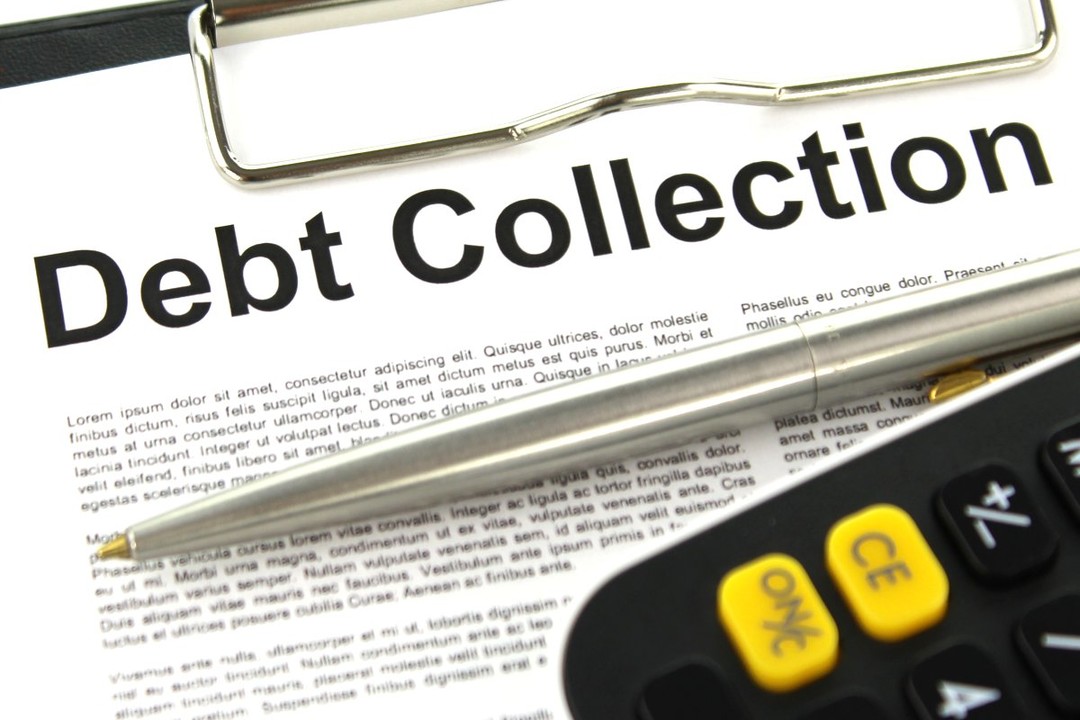Strategic Ways to Resolve Collections Without Direct Payment: A Comprehensive Guide
Dealing with collections can be overwhelming, especially when financial constraints make it challenging to repay debts in full. However, there are strategic approaches that can potentially help resolve collections without making immediate payments. In this detailed guide, we explore ethical and legal methods to address collections effectively while safeguarding your financial well-being.
Understanding Collections and Your Options
Collections occur when creditors or third-party agencies pursue unpaid debts. These debts can stem from various sources such as credit cards, medical bills, personal loans, or utility bills. It’s crucial to approach collections strategically to mitigate negative impacts on your credit score and overall financial health.
Ethical Considerations and Legal Boundaries
Before delving into specific strategies, it’s essential to underscore the importance of ethical practices and adherence to legal boundaries when addressing collections. While seeking ways to resolve debts without immediate payment, it’s imperative to respect contractual obligations and consumer rights protected under the Fair Debt Collection Practices Act (FDCPA).
Strategies to Address Collections Without Direct Payment
1. Verify the Debt
Begin by requesting validation of the debt from the collection’s agency. According to the FDCPA, debtors have the right to request proof that the debt is valid and that the collections agency has the legal right to pursue it. This can be done through a formal written request within 30 days of initial contact.
2. Negotiate a Settlement
Collections agencies are often open to negotiating settlements for less than the full amount owed. Consider proposing a lump-sum settlement offer or an installment plan that fits within your current financial means. Be prepared to negotiate and ensure any agreement reached is documented in writing before making any payments.
3. Offer a Pay-for-Delete Agreement
A pay-for-delete agreement is a negotiation where you offer to pay the debt in exchange for the collection’s agency removing the negative information from your credit report. While not always successful, it can potentially improve your credit score over time and is worth exploring.
4. Dispute the Debt
If you believe the debt is inaccurate, incomplete, or doesn’t belong to you, you have the right to dispute it. Send a dispute letter to the collections agency and credit bureaus requesting an investigation. If the debt cannot be verified, it may be removed from your credit report, alleviating the need for payment.
5. Explore Bankruptcy Options
Bankruptcy should be considered as a last resort due to its significant and long-term financial implications. However, for individuals facing overwhelming debt and unable to negotiate feasible repayment plans, bankruptcy may provide a legal pathway to discharge certain debts or restructure payments.
Protecting Your Rights Throughout the Process
1. Maintain Detailed Records
Keep meticulous records of all communications with collections agencies, including letters, emails, and notes from phone calls. These records serve as evidence of your efforts to resolve the debt and protect your rights under the FDCPA.
2. Understand Statutes of Limitations
Each state has a statute of limitations that limits the amount of time creditors have to file a lawsuit for unpaid debts. If the statute of limitations has expired, creditors lose the legal right to pursue legal action against you. Research the statute of limitations applicable to your debt to determine if it’s expired.
3. Seek Professional Advice
Consider consulting with a reputable credit counsellor, consumer attorney, or financial advisor for personalized guidance. These professionals can provide insights into your specific situation, help you understand your rights, and offer strategies to navigate collections effectively.
Leveraging Professional Resources
For individuals seeking expert assistance in managing collections and improving financial health, resources like Savvy Tax Pro Academy offer invaluable tools and expertise. Whether you need guidance on tax preparation software or comprehensive financial advice, leveraging professional resources can empower you to make informed decisions and achieve long-term financial stability.
Conclusion
Addressing collections without immediate payment requires careful consideration of ethical practices, legal boundaries, and strategic negotiation skills. By verifying debts, negotiating settlements, and protecting your rights under the law, you can potentially resolve collections while minimizing adverse effects on your credit and financial future. Remember, proactive management of collections can lead to improved creditworthiness and pave the way for a brighter financial outlook.
For further insights into managing your finances and exploring tax preparation solutions, visit Savvy Tax Pro Academy. Their expertise and resources are essential for individuals navigating collections challenges and striving for financial freedom.

